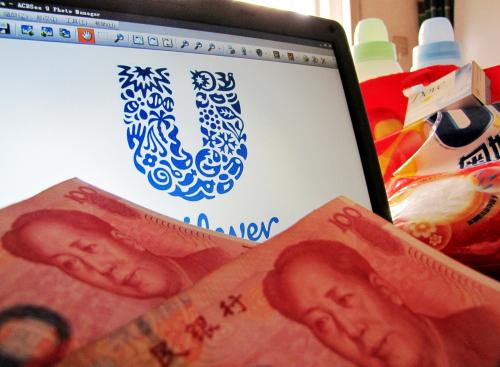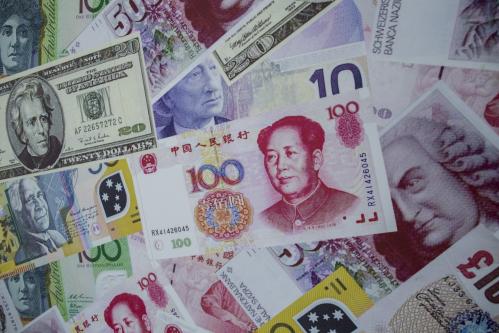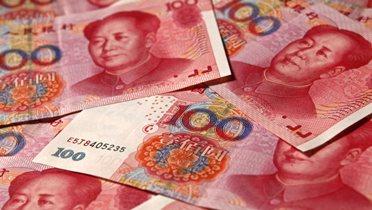The renminbi (RMB), China’s official currency, is often a contentious issue as policymakers make accusations of currency manipulation and whether it will rival the dollar as the dominant global reserve currency. However, its impressive rise will culminate on October 1, as the International Monetary Fund (IMF) will officially anoint the RMB as a major global reserve currency, and with it, China’s growing economic clout. This is unusual for a currency the value of which is not determined by market forces and whose home country does not allow for the free flow of capital across its borders.
In this context, the Global Economy and Development program recently hosted the launch of Senior Fellow Eswar Prasad’s new book, “Gaining Currency: The Rise of the Renminbi,” which examines the RMB’s ascendance and what China’s growing economic influence means for the international community. Prasad was joined by Brookings Distinguished Fellow Ben Bernanke, former chairman of the Federal Reserve; Jin Zhongzia, executive director for the China at the IMF; and Caroline Atkinson, head of global public policy at Google, who previously served as deputy assistant to the president and deputy national security advisor for international economics in the Obama administration. Greg Ip, chief economics commentator at the Wall Street Journal, moderated the conversation.
While becoming a global reserve currency is a big step for the RMB, Prasad argued that China’s money will not become a safe haven currency and is unlikely to rival the dollar for dominance in the international economy. Prasad also explained how transparent political institutions and the rule of law in the United States, which are absent in China, cause foreign investors to trust the United States and invest in the U.S. instead of China.
One of the factors that Prasad noted could hold the RMB back from becoming a major international currency is China’s reluctance to adopt a market-determined exchange rate. Jin Zhongxia explained that the Chinese government has tried “to strike a balance between exchange rate stability and exchange rate flexibility.” Zhongxia argued that China has an exchange rate that is market sensitive but “irons out short-term fluctuations” to promote economic stability.
Ben Bernanke also gave his opinion on the Chinese government’s exchange rate policy. Bernanke explained that the current system is “not unreasonable,” especially when compared to the policies that China adopted until 2005. These policies undervalued the RMB and many countries objected to them. Since then, Bernanke believes that China has moved in the right direction toward a stable and sustainable economy.
Finally, Caroline Atkinson remarked on China’s progress over the past decade. She noted that “while it might not seem obvious,” China has become more transparent and is showing its desire to become more involved in the international system. She explained how the RMB’s inclusion as a major global reserve currency symbolizes China’s progression toward an open and inclusive economy.
Watch the full video.
The Brookings Institution is committed to quality, independence, and impact.
We are supported by a diverse array of funders. In line with our values and policies, each Brookings publication represents the sole views of its author(s).







Commentary
WATCH: Experts discuss how China’s currency, the renminbi, is taking the global economy by storm
September 29, 2016